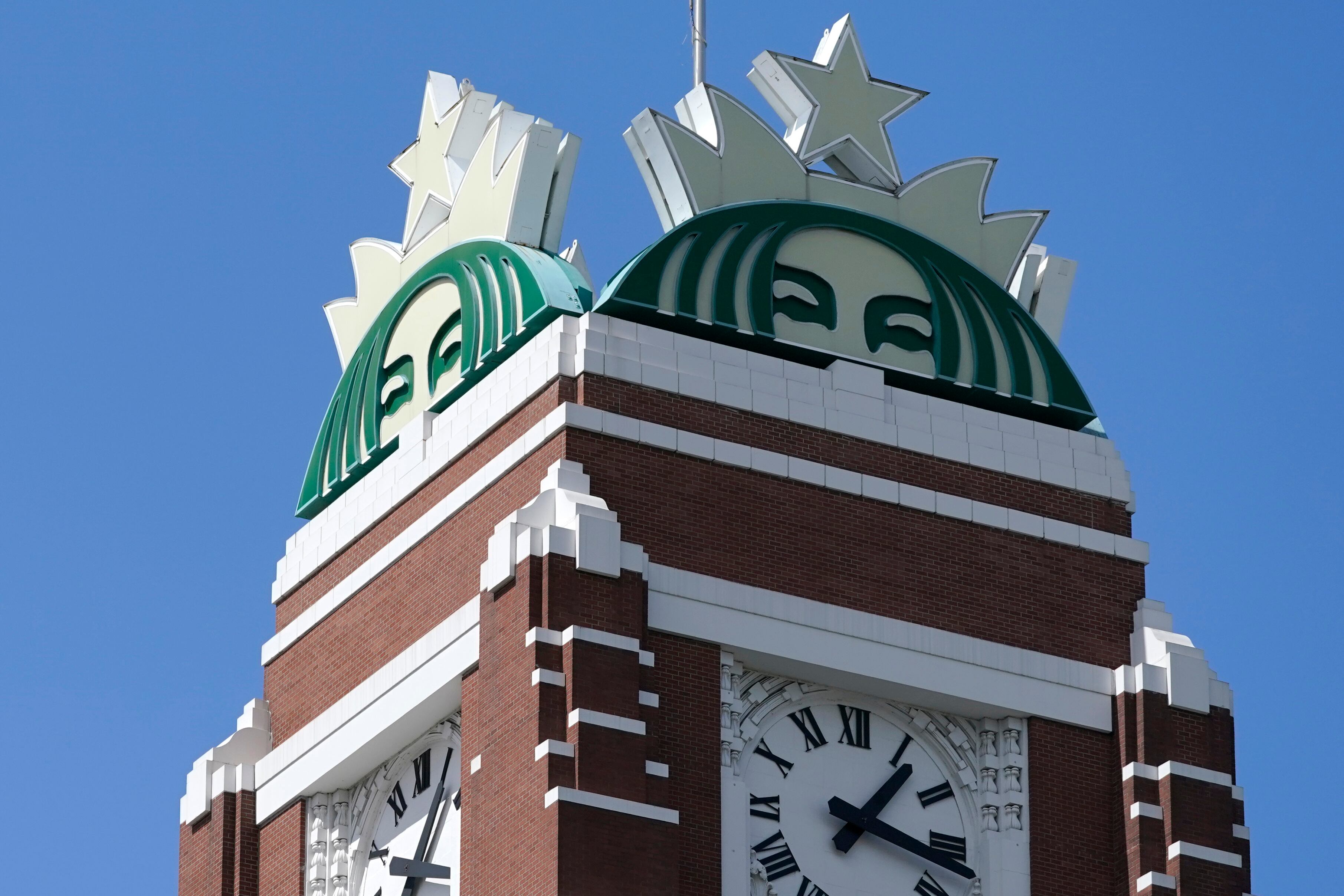By Anne D'Innocenzio
Amazon said Thursday that nearly 20,000 of its front-line U.S. workers have tested positive or been presumed positive for the virus that causes COVID-19.
But the online retail behemoth, revealing the data for the first time, said that the infection rate of its employees was well below that seen in the general U.S. population. The disclosure comes after months of pressure from Amazon workers and labor groups calling for the company to divulge the COVID-19 numbers.
Amazon said in a corporate blog that it provided the data as part of its effort to keep employees informed, and to share details and best practices with governments and other companies.
”We hope other large companies will also release their detailed learnings and case rates because doing so will help all of us," Amazon said. “This is not an arena where companies should compete — this is an arena where companies should help one another."
The Seattle-based company said that it examined data from March 1 to Sept. 19 on 1.37 million workers at Amazon and Whole Foods Market across the U.S.
It said it compared the COVID-19 case rates to the general population, as reported by Johns Hopkins University for the same period. Based on that analysis, if the rate among Amazon and Whole Foods employees were the same as that for the general population, it estimated it would have seen 33,952 cases among its workforce. That is 42% higher that Amazon's actual rate.
The company also said it is conducting thousands of tests a day, which will grow to 50,000 tests a day across 650 sites by November.
Companies have no legal obligation to publicly reveal how many of their workers have contracted the virus, and few are doing so.
Employers do have to provide a safe working environment, which means they must alert staff if they might have been exposed to the virus, according to guidelines from the Occupational Safety and Health Administration, the federal agency that enforces workplace safety. They are also obligated to keep track of COVID-19 infections contracted on the job, and must report to OSHA if there is a hospitalization or death related to the disease.
A perceived lack of transparency has left workers at various retailers, including Amazon and Walmart, to become amateur sleuths in their spare time. Unions and advocate groups have taken up the cause, too, creating lists or building online maps of stores where workers can self-report cases they know about.
In a statement emailed to The Associated Press Thursday night, Walmart said that “we believe that Walmart associates' rate of infection tracks, or is below, the current rate of infection of the general public nationwide." It didn’t explain why it doesn’t provide numbers.
Marc Perrone, president of the United Food and Commercial Workers International Union, which represents grocery and meatpacking workers, called Amazon's disclosure as “the most damning evidence we have seen that corporate America has completely failed to protect our country's frontline workers in this pandemic."
UFCW is calling for immediate action by federal regulators and a full congressional investigation.
"This titanic safety failure demands the highest level of scrutiny," Perrone said.
AP Retail writers Joseph Pisani and Alexandra Olson contributed to this report.













